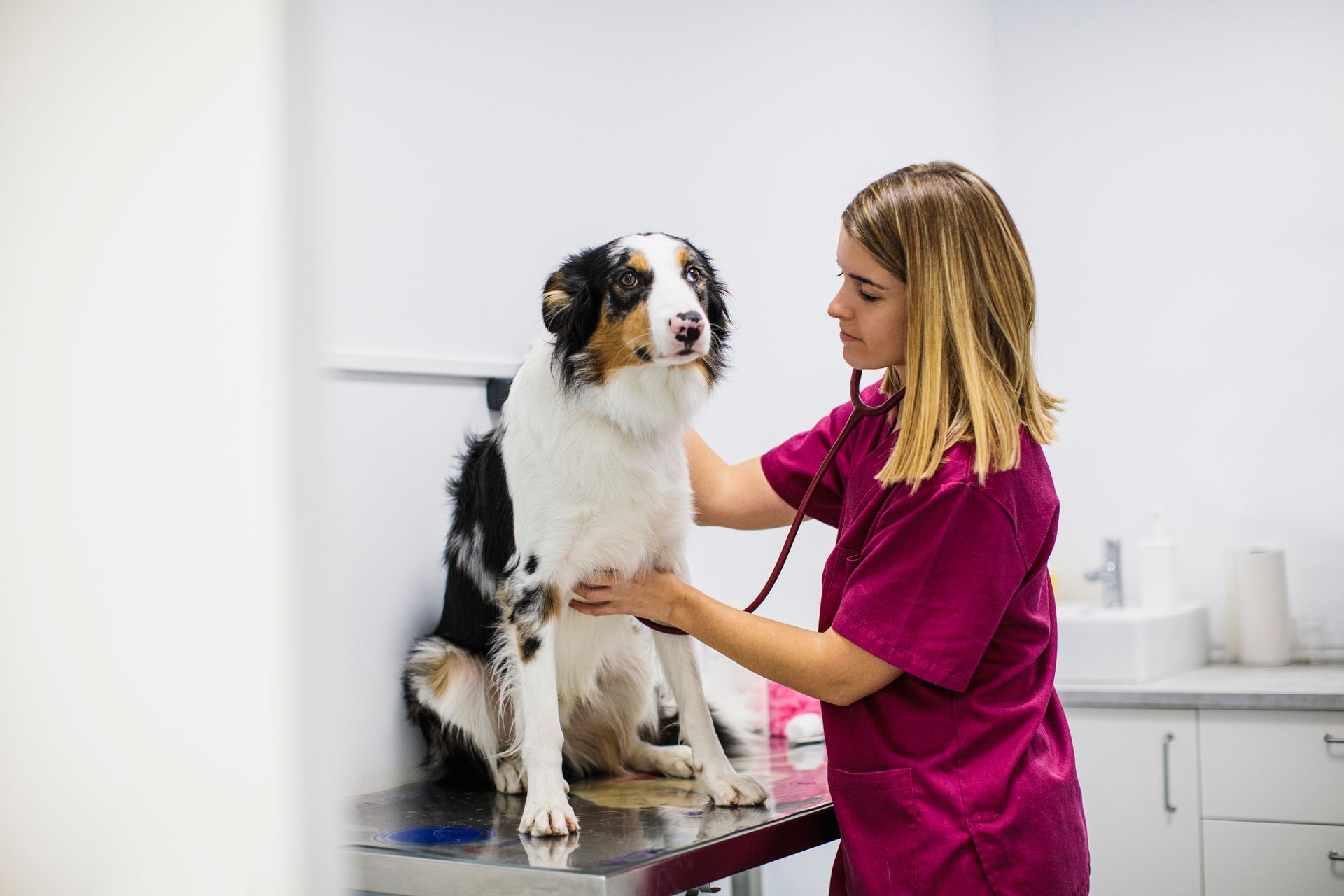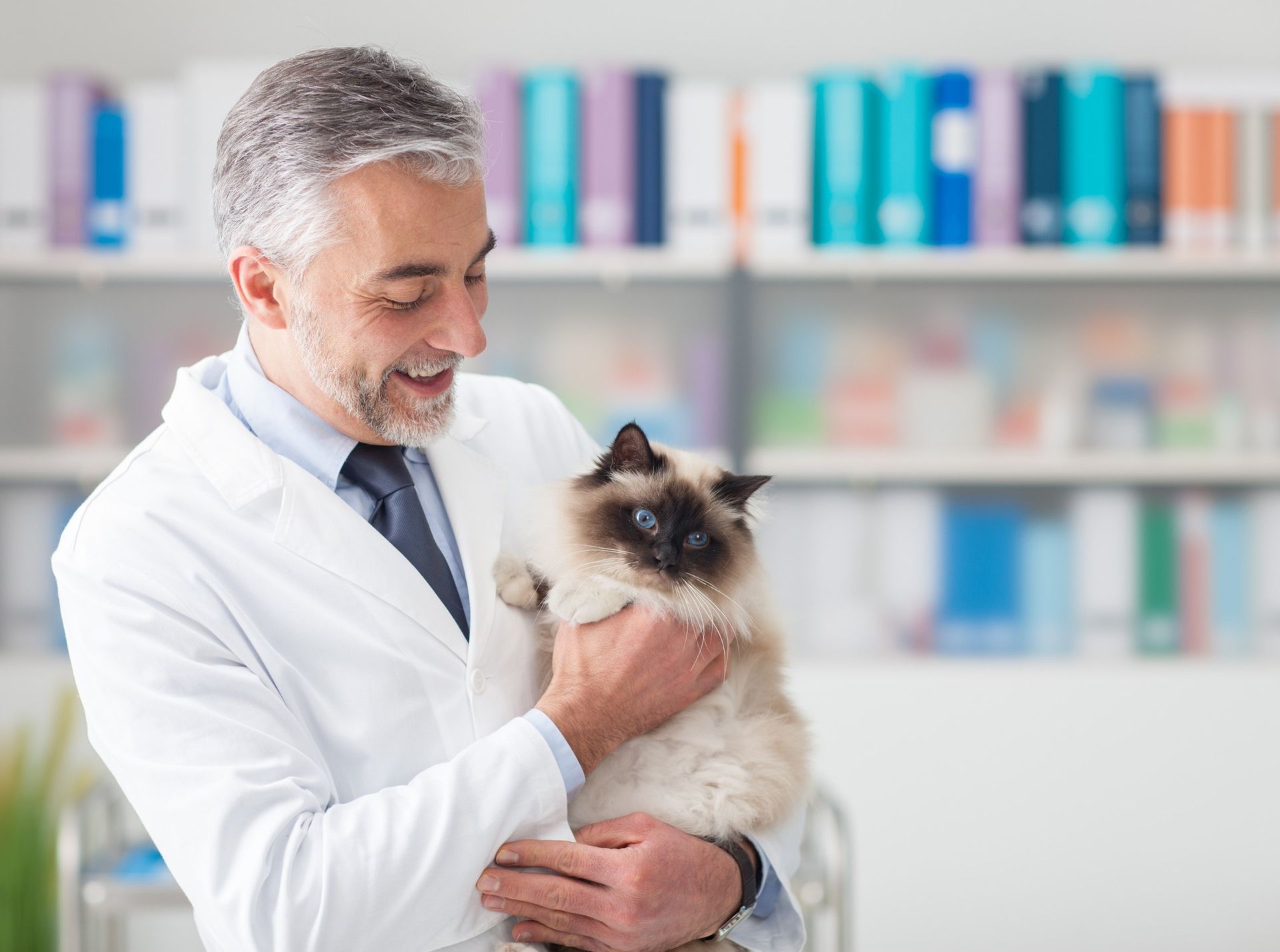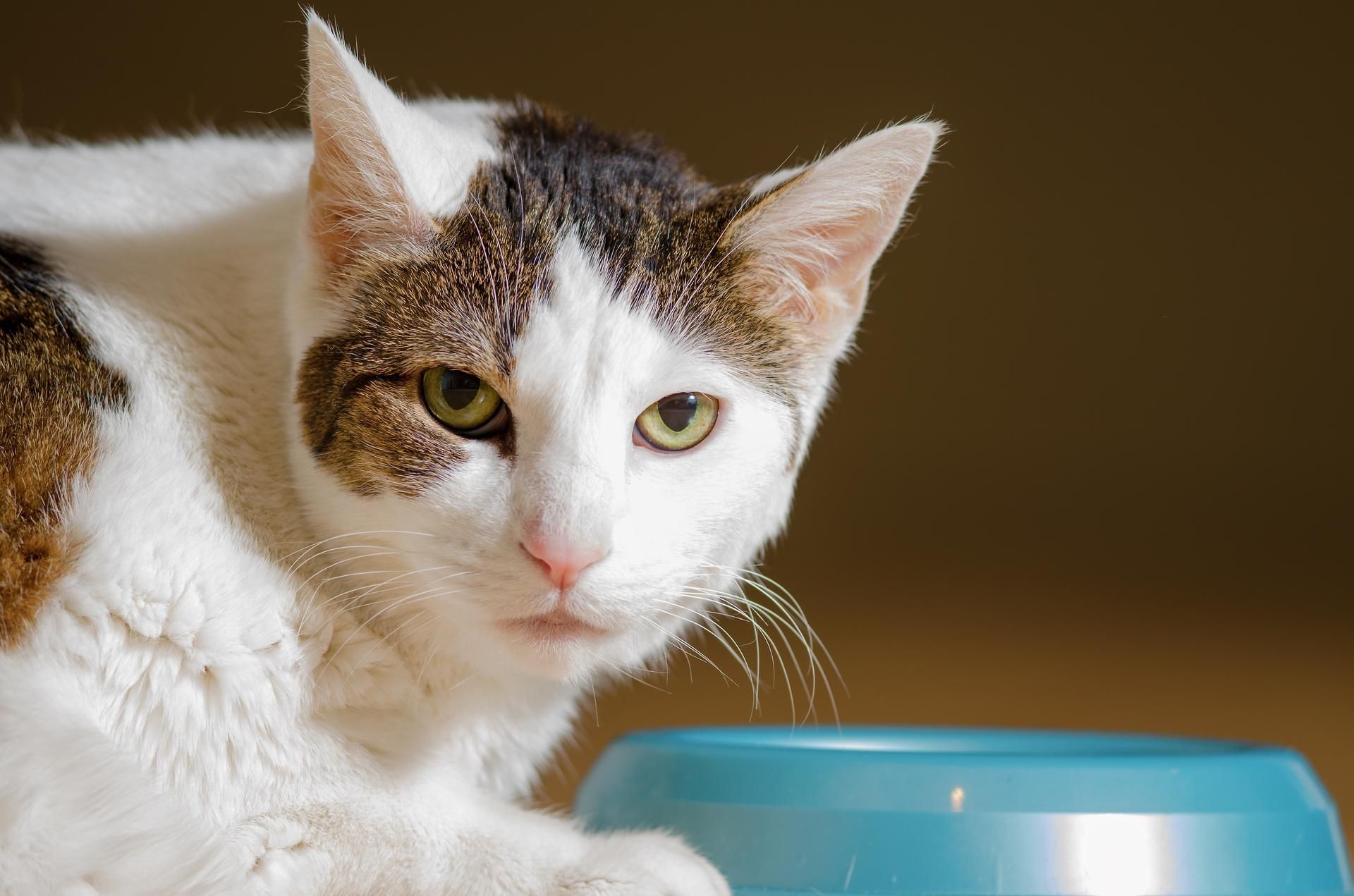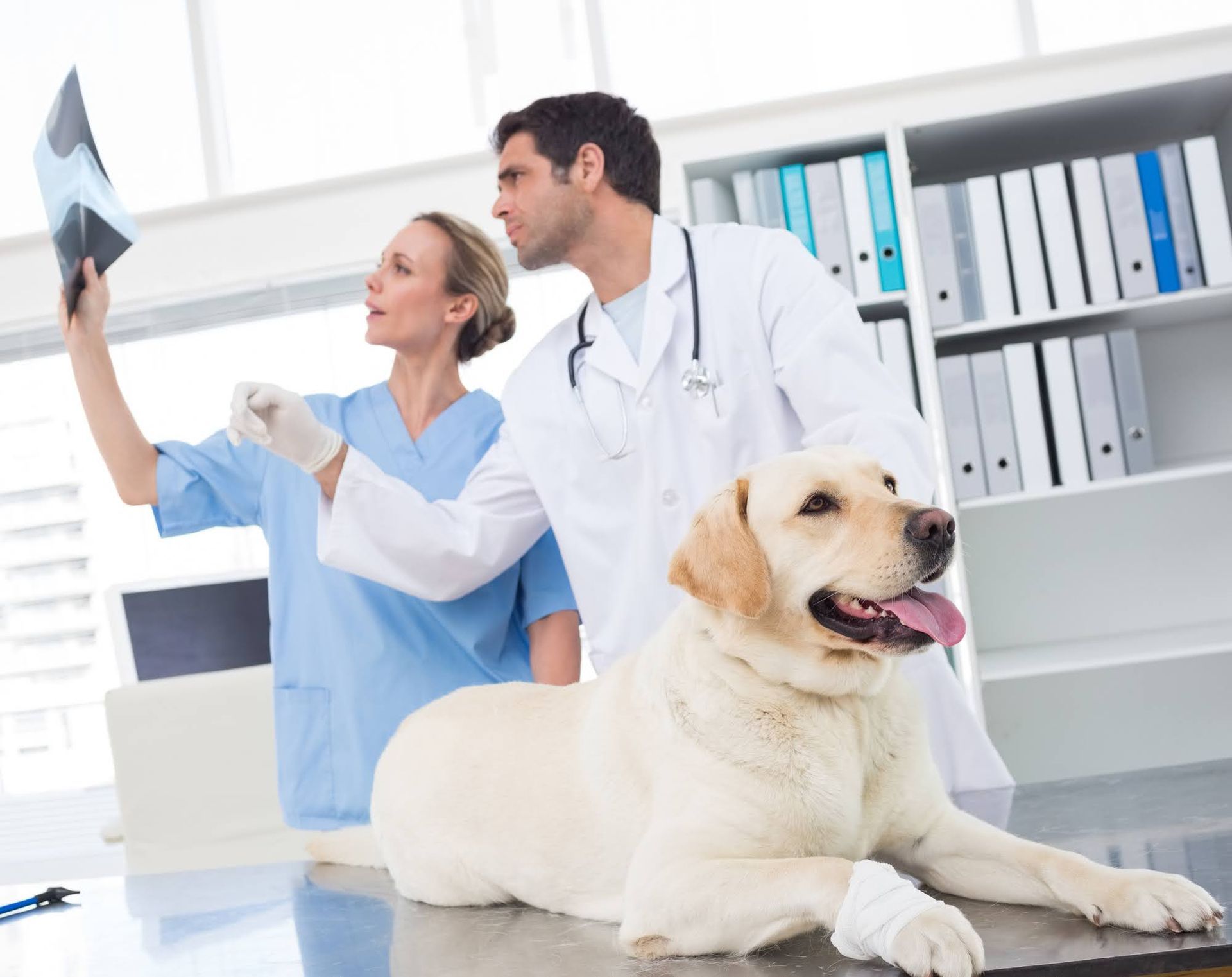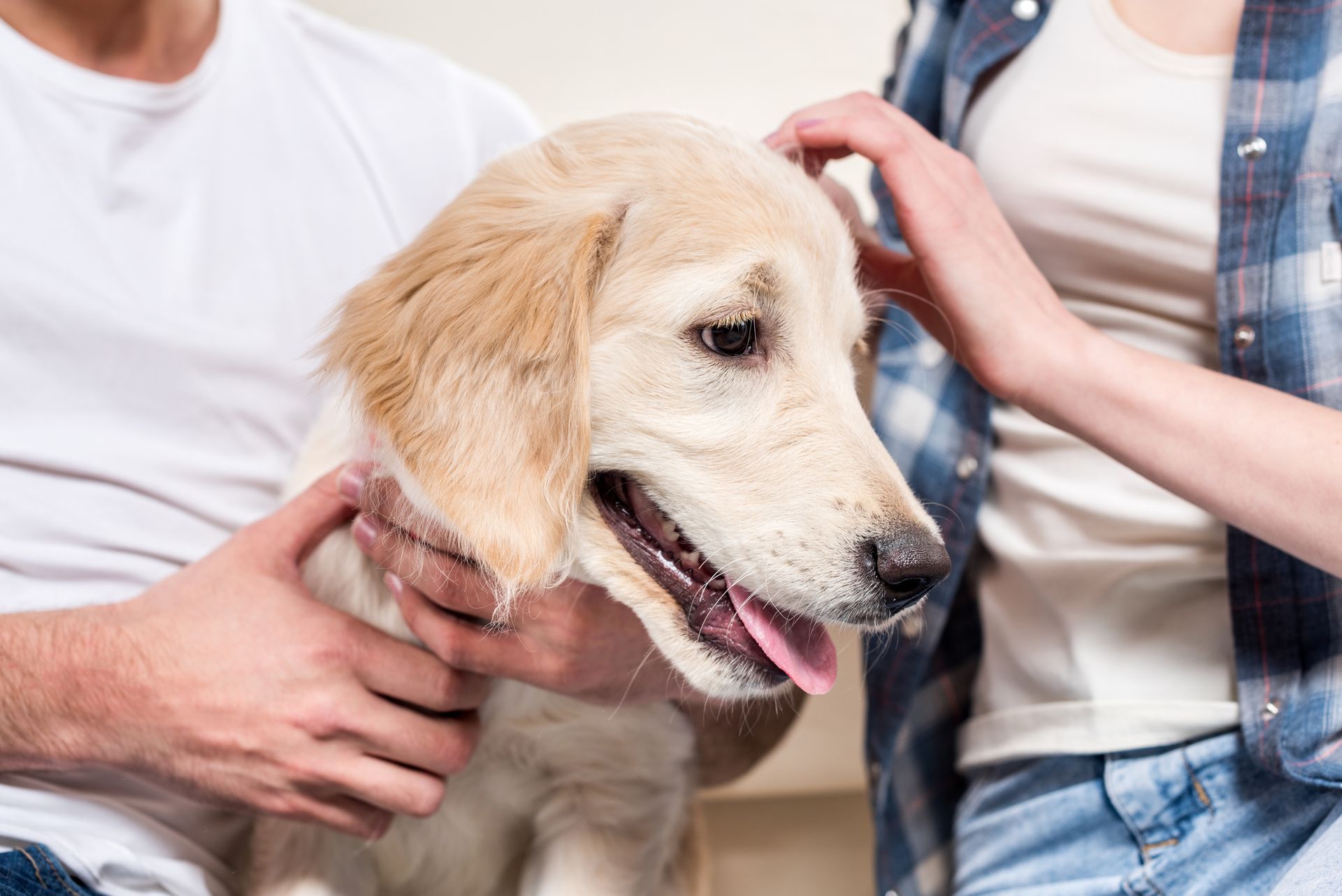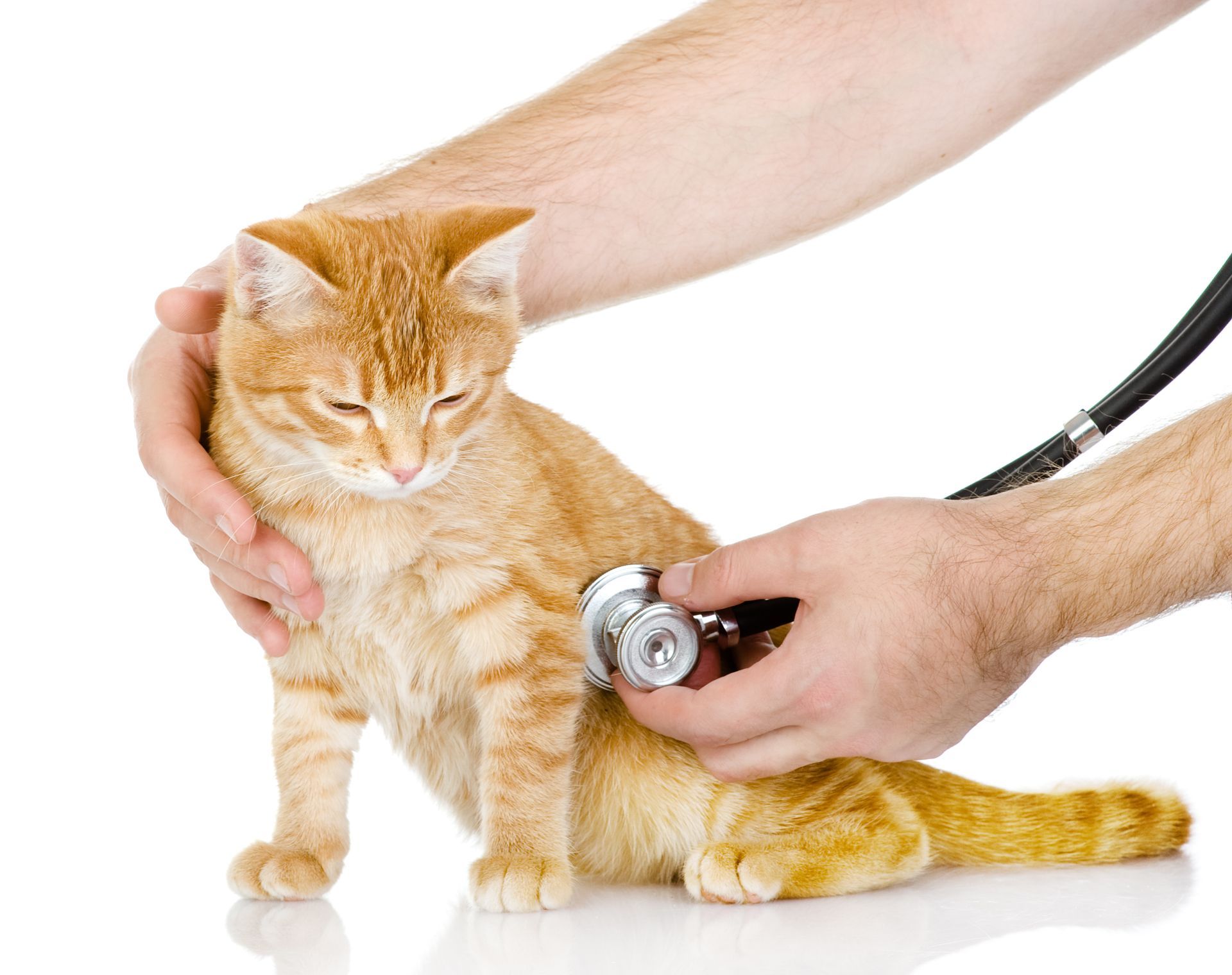4 Canine Behavioral Problems That May Need Veterinary Evaluation
If you've owned a dog for any amount of time, you have probably embraced it as a fully-fledged member of your family. Unfortunately, families can suffer when one of its members exhibits a behavioral problem. In dogs, sudden or odd changes in behavior may stem from a variety of physical, mental, or emotional causes.
You can help your dog feel better and return to its former range of behavior once you have a basic understanding of why certain behavioral disorders occur and when to seek veterinary care for them. Pay close attention if your pet displays any of the following four problems.
1. Inappropriate Elimination
If your housebroken dog has always managed to do its business outdoors, on a newspaper, or in some other appropriate spot, inappropriate elimination of urine or feces will come as an unwelcome surprise. While incontinence may just indicate a short-term illness, it can also point toward a deeper, more long-term concern.
Inappropriate elimination may stem from a variety of physical ailments. Examples include diabetes, kidney or bladder conditions, Cushing's disease, bacterial infections, spinal cord disorders, and bladder stones. Laboratory tests can pinpoint any of these underlying issues, allowing your veterinarian to recommend and administer treatment.
Additionally, older or disabled dogs may lose control of their bladder and bowels. In some cases, an arthritic dog may not move quickly enough to get outdoors in time to urinate or defecate in the right place. Solutions may include everything from making outdoor access easier to medical treatment for degenerative joint pain and stiffness.
2. Obsessive Behavior
Just as many humans suffer from obsessive-compulsive disorders, dogs can develop obsessive behavior patterns. For example, your dog may constantly spin around, chase its own tail, lick a paw until an open wound forms, or suck on its flank compulsively.
These obsessive behaviors may have either physical or psychological causes. For instance, a skin infection, allergy, or injury may have prompted your dog to lick at the lesion. Seizure disorders or acute pain can cause spinning or tail chasing behaviors. However, anxiety, fear, or boredom can also create these issues.
Some breeds have a special predisposition for specific obsessive disorders, such as spinning in Bull Terriers and flank sucking in Doberman Pinschers. These tendencies point to genetics as a possible factor. Medication may help to relieve these obsessions.
3. Aggression
Some triggers can change a dog from a calm, loving companion into a potentially dangerous aggressor. Pain can make an animal more irritable than usual, while rabies can cause sudden aggression as well as other behavioral changes. Strange situations, fear, an urge to guard possessions, and lack of socialization can also cause aggression.
A veterinary examination can determine whether your dog has a medical reason for its aggressive behavior. If the aggression occurs when your dog encounters particular people or situations, your veterinarian may recommend socialization training to help your dog tell genuine threats from harmless surroundings.
4. Separation Anxiety
If your dog behaves perfectly normal when surrounded by family members but acts out when left alone, it may suffer from a condition known as separation anxiety. Symptoms include drooling, barking, whining, inappropriate elimination, and destruction of household objects such as upholstery or paper goods.
Additionally, shake-ups in a dog's everyday routine can cause or aggravate separation anxiety. A past history of abandonment, a move to a new home, or adoption by a new family can also make a dog more vulnerable to the condition. Even a simple change in the hours you spend at home can trigger bouts of separation anxiety.
Once your veterinarian has ruled out other medical causes of your pet's symptoms, the recommended treatment will most likely involve some form of training. For example, you might leave treats or toys for your dog, turning alone time into a kind of reward. You can also expose your dog to ever-lengthening periods of isolation over time.
Angel Pet Hospital can evaluate your dog's behavior and overall wellness to determine the reason for any behavioral changes, administering treatment and owner counseling as needed.
Contact our veterinary office today to schedule an appointment.



